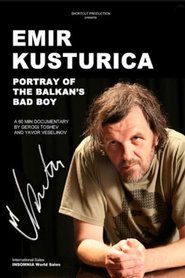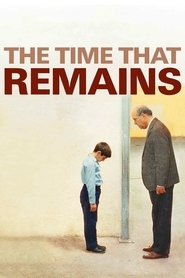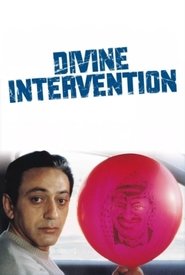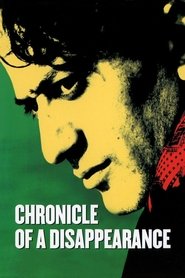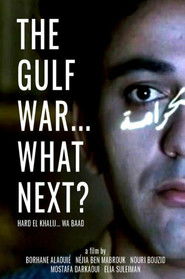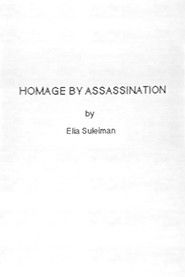
Elia Suleiman
DirectorActorWriterProducer
28-07-1960
Birthday
Leo
Zodiac Sign
-
Genres
14
Total Films
إيليا سليمان, אליה סולימאן, エリア・スレイマン, Elya Süleyman
Also known as (male)
Nazareth, Israel
Place of Birth
28-07-1960
Birthday
Leo
Zodiac Sign
-
Genres
14
Total Films
-
Also Known As (male)
Nazareth, Israel
Place of Birth






